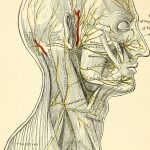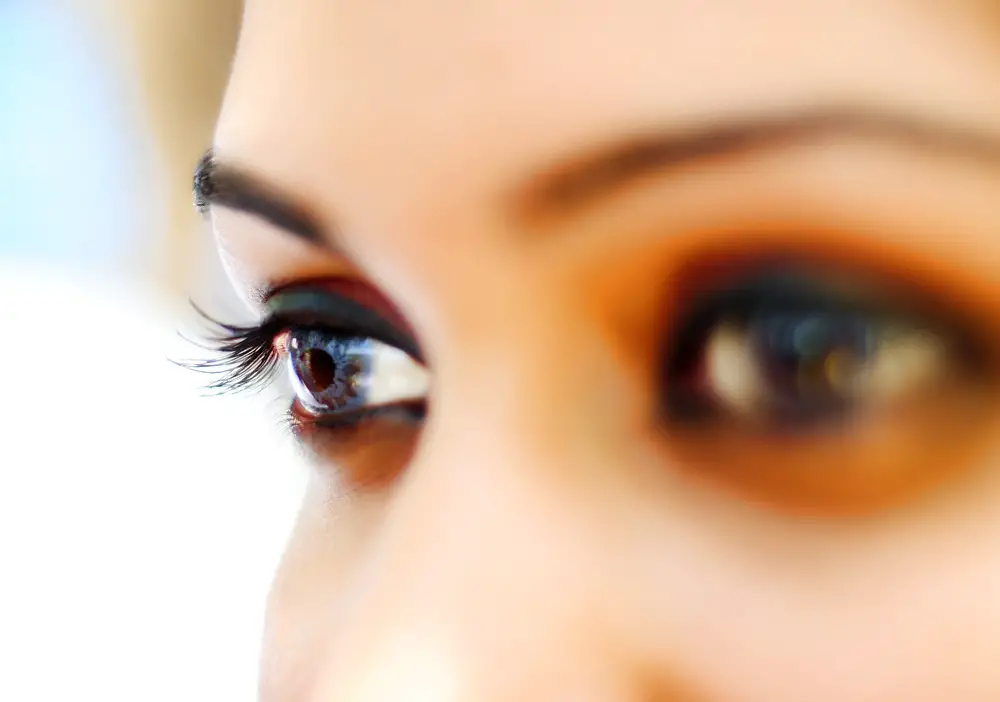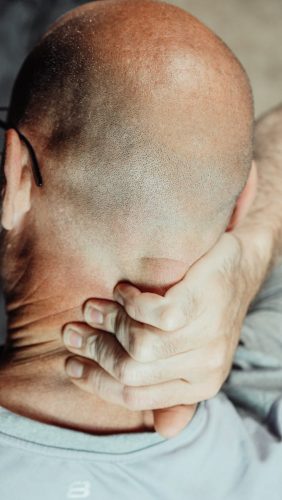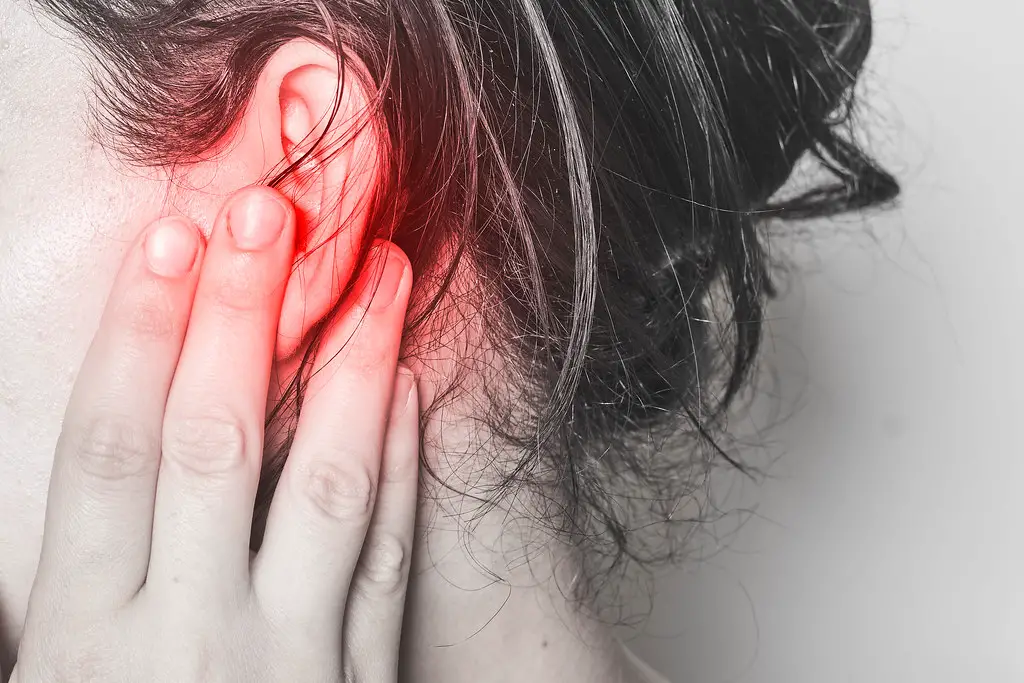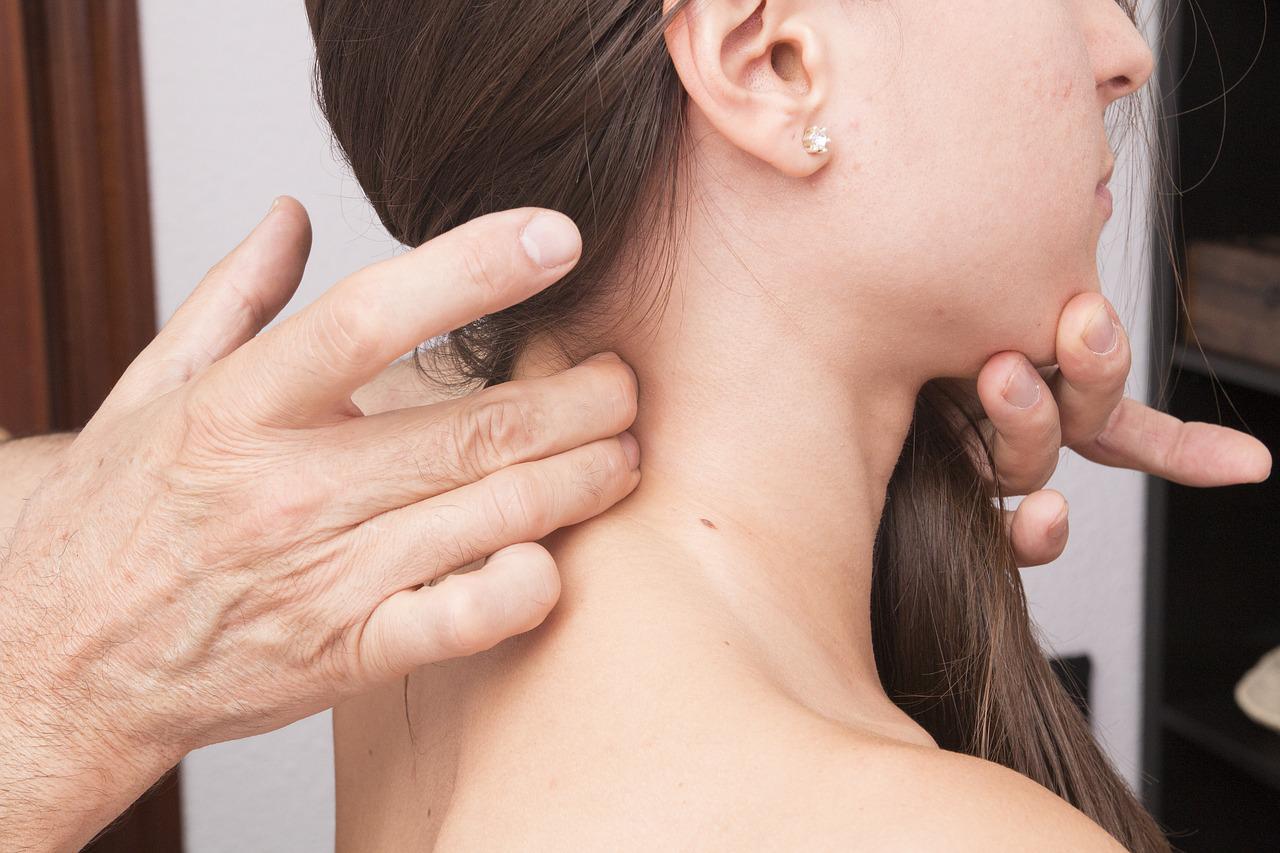La Arnold's neuralgia is a neuropathic pain related to compression of Arnold's nerve. It manifests itself by a neck pain which may radiate upwards to the head or downwards to the back and upper limbs. During this condition, it is also possible that the patient suffers from vertigo. This is what we will talk about in this article: the link between Arnold's neuralgia and vertigo.
Brief description of Arnold's neuralgia
La Arnold's neuralgia (or greater occipital neuralgia) is a peripheral neuropathy neck and head characterized by "unilateral paroxysmal headache of cervical origin".
It corresponds to a irritation or an compression du great occipital nerve posterior and/or the lesser occipital nerve.
Arnold's neuralgia occurs as a result of a occipital nerve damage, which can be caused by a head trauma (most often head trauma) or a physical nerve stress. However, the exact mechanism of greater occipital neuralgia is still under discussion.
Arnold's nerve, also called the occipital nerve, is located at the base of the neck. There are two nerves, one on the left and one on the right.
The occipital nerve is responsible for the sensitivity of the posterior surface of the head. Damage to this nerve is the cause of classically sharp, intense pain et unilateral in the territory of the greater occipital nerve (of Arnold). This region goes from the upper lateral part of the neck to the top of the skull.
The posterior pain is sometimes so important that it will be felt towards the front of the skull, in the eye and the forehead. The patient describes her as being type of " electric shocks "Or" burns ».
At times of painful crises, dizziness may be present.
Painful attacks can be repeated frequently (paroxysm), with a painful background. They sometimes become chronic to the point of hampering the daily lives of those who suffer from them. It can be triggered by palpation at the emergence of the nerve under the scalp or even by simply bending the head forward.
If you want to know more about this disease, you can click here.
Arnold's neuralgia and vertigo: what is the link? (What do the scientific studies say?)
Le vertige describes a feeling where you feel like it's all about you (the walls, objects, ceiling, room, etc.). You may even feel like you are spinning.
For those who risk confusing it, it is necessary to distinguish “vertigo” from an “imbalance”. Vertigo is an illusion of movement of the environment around you. In everyday language, we also speak of stunning. Imbalance, on the other hand, corresponds to the impossibility of maintaining one's body in a given position.
Some notions about the body's balance system
The balance of our body is governed by three systems, which allow us to locate ourselves in space and move around correctly.
- Le first system is the view. It allows us to orient and situate ourselves in relation to surrounding objects.
- Le second is theinner ear (vestibule). It informs us about the position of our head, and also about the acceleration that we undergo.
- Le third system is the proprioception. With the help of the ligament and tendon system, it informs us about the orientation of our joints in space.
What is the mechanism of onset of vertigo in Arnold's neuralgia?
The balance system depends on the interaction between the vestibule, the eyes, the cerebellum, the cortex and the proprioceptive receptors of the joints, tendons and muscles of the limbs, trunk and neck. The latter play a role in the spatial orientation of the body as well as in the coordination of the movements of the head and the trunk.
When the nervous information from one of these systems does not agree with the others, we feel a vertige. This is the case, sometimes, in the Arnold's neuralgia.
Neck pain and muscle tension caused by this disease can disrupt or alter the system that regulates balance (proprioception). This is what causes the feeling of vertigo.
When vertigo and neck pain combine, the person feels dizzy. This dizziness most often occurs after moving the head and can also affect balance and concentration.
References
https://www.deuxiemeavis.fr/pathologie/nevralgie-d-arnold
https://www.lesmauxdedos.com/pathologies/douleurs-neuropathiques/la-nevralgie-d-arnold/


